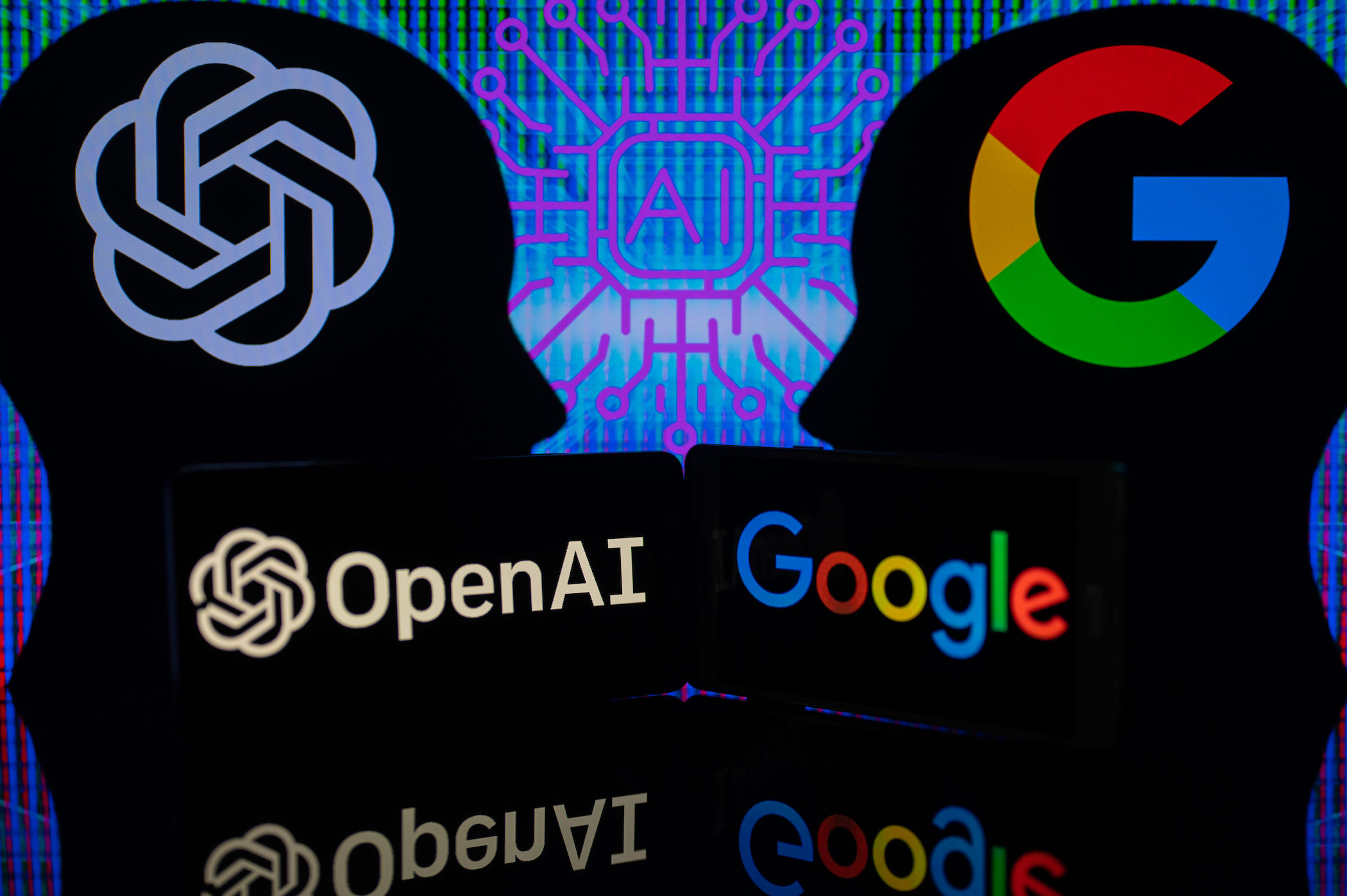Google has recently announced that it will be making its natural language processing model, known as “Bard,” available to the public. This move is seen as a direct challenge to OpenAI’s ChatGPT model, which has been dominating the field of AI-generated language for several years.
Bard is a massive neural network that is capable of understanding and generating text in multiple languages. It is designed to be highly versatile and can perform a wide range of tasks, including language translation, question answering, and text summarization. The model was developed by Google’s research team, and its release to the public represents a significant step forward for the company’s efforts to democratize AI technology. By providing access to Bard, Google is allowing developers and researchers to experiment with the model and build applications that take advantage of its capabilities. Google’s decision to release Bard to the public is seen as a direct challenge to OpenAI’s ChatGPT model, which has been the dominant player in the field of AI-generated language for several years. ChatGPT is an advanced natural language processing model that uses deep learning to generate highly realistic language output.
While ChatGPT has been highly successful, Google’s Bard model represents a significant challenge to its dominance. Bard is capable of performing many of the same tasks as ChatGPT, but with a much larger database and more sophisticated algorithms. One of the most significant advantages of Bard is its ability to understand and generate text in multiple languages. This is a significant improvement over ChatGPT, which has primarily focused on English language generation. Google’s decision to release Bard to the public is also seen as a significant step forward in the democratization of AI technology. By providing access to powerful natural language processing tools like Bard, developers and researchers can build new applications that take advantage of the latest advances in AI.There are also concerns about the potential risks associated with the widespread use of AI-generated language. As we have seen with recent deepfake scandals, the ability to create highly realistic language output raises serious ethical concerns, particularly in the context of politics and the media.

As AI-generated language becomes more sophisticated, it is essential that we develop robust safeguards and regulations to prevent its misuse. While the technology has the potential to revolutionize many industries, we must also be vigilant in protecting against its misuse. Google’s release of Bard to the public represents a significant step forward in the democratization of AI technology. By providing access to powerful natural language processing tools, Google is enabling developers and researchers to build new applications that take advantage of the latest advances in AI. At the same time, we must be mindful of the potential risks associated with the widespread use of AI-generated language. As the technology continues to advance, it is essential that we prioritize ethical considerations and take a proactive approach to addressing the potential risks. Google’s release of Bard is an exciting development for the field of natural language processing. With this powerful tool now available to the public, we can expect to see many new applications and innovations in the years to come.



